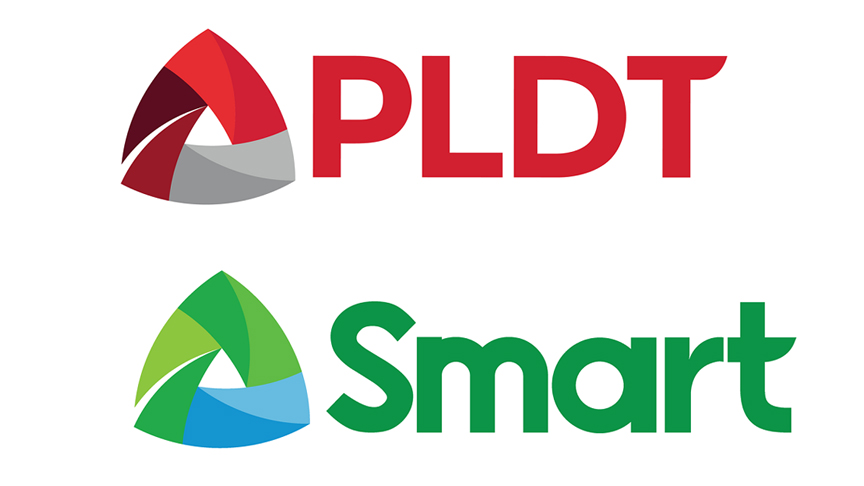As part of their commitment to enhance customer experience and promote inclusivity, PLDT Inc. (PLDT) and its wireless subsidiary Smart Communications, Inc. (Smart) have partnered with their respective security service providers (SSP) for the conduct of disability awareness and sensitivity workshops for SSP personnel assigned to the telcos’ facilities.
During the workshops conducted by the SSP Trainers, role-playing activities provided the security personnel with hands-on experience in managing actual situations that allowed them to test strategies for effective communication and customer care for individuals with disabilities and neurodiverse conditions. These activities are aimed at enhancing further the inclusivity and accessibility of services in PLDT’s and Smart’s facilities, including its retail spaces.
Earlier, similar workshops on disability awareness and sensitivity were respectively conducted for PLDT and Smart employees, particularly those who interface with customers and handle frontline operations in retail stores and business offices nationwide. SSP Trainers also attended a separate Train the Trainers Session conducted by PLDT and Smart which was aimed at providing general guidelines on interacting with the companies’ customers.
“On a daily basis, security service personnel are the first point of contact for customers and the public at our premises. That’s why it’s important that as frontliners, they understand our commitment to inclusivity and customer experience, and for them to be equipped with relevant skills and capabilities to engage effectively with our diverse stakeholder groups, including persons with disabilities,” said PLDT and Smart Chief Sustainability Officer Melissa Vergel de Dios.
According to the National Council on Disability Affairs, there are more than 1.6 million registered persons with disabilities in the Philippines as of June 2024.
PLDT and Smart adopt a business-led and institutionalized approach towards ensuring inclusive and ethical engagements with persons with disabilities, in line with their Human Rights and Diversity and Inclusion Policies. These policies ensure alignment of operations with the principles of the United Nations Convention for the Rights of Persons with Disabilities, as well as uphold zero tolerance of any kind of abuse, discrimination, and prejudice, among others.







































































































